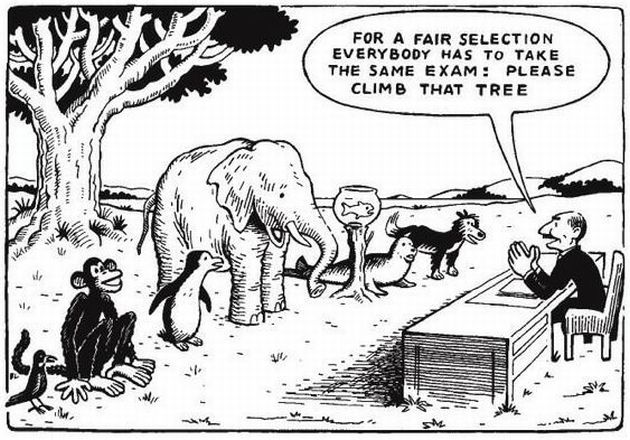Hidden Talents
Our research on Hidden Talents focuses on youth (13-19 year olds) who have experienced substantial social and economic adversity. We collect data in public schools and various afterschool programs in the Salt Lake City area. Our research investigates social and cognitive adaptations to harsh environments, and how these adaptations could be used to enhance
 learning outcomes (Ellis et al., 2017, 2022, 2023). The emphasis of the traditional deficit approach is on “what’s wrong with youth” who grow up under harsh or unpredictable conditions. Our work is instead strength-based and asks: “What’s right with these youth?” We hypothesize that individuals who develop in challenging environments specialize their social and cognitive abilities to match high-adversity contexts. Our lab thus studies potentially stress-adapted skills such as reasoning about social dominance, learning about danger, and empathic accuracy. Our current studies focus on executive function components that may be enhanced among stress-adapted youth (e.g., Young et al., 2022; Nweze et al., 2021). We are specifically studying attention shifting (a component of executive function that involves efficiently switching between different tasks) and working-memory updating (tracking changing information and replacing older information that is no longer relevant) under different task designs and test settings. This work has broad social implications: the better we understand the executive functions of stress-adapted youth—including their strengths—the more effectively we can tailor education, jobs, policy, and interventions to fit their needs and potentials.
learning outcomes (Ellis et al., 2017, 2022, 2023). The emphasis of the traditional deficit approach is on “what’s wrong with youth” who grow up under harsh or unpredictable conditions. Our work is instead strength-based and asks: “What’s right with these youth?” We hypothesize that individuals who develop in challenging environments specialize their social and cognitive abilities to match high-adversity contexts. Our lab thus studies potentially stress-adapted skills such as reasoning about social dominance, learning about danger, and empathic accuracy. Our current studies focus on executive function components that may be enhanced among stress-adapted youth (e.g., Young et al., 2022; Nweze et al., 2021). We are specifically studying attention shifting (a component of executive function that involves efficiently switching between different tasks) and working-memory updating (tracking changing information and replacing older information that is no longer relevant) under different task designs and test settings. This work has broad social implications: the better we understand the executive functions of stress-adapted youth—including their strengths—the more effectively we can tailor education, jobs, policy, and interventions to fit their needs and potentials.
- Ellis, B. J., Bianchi, J., Griskevicius, V., & Frankenhuis, W. E. (2017). Beyond risk and protective factors: An adaptation-based approach to resilience. Perspectives on Psychological Science, 12(4), 561-587.
- Ellis, B. J., Abrams, L. S., Masten, A. S., Sternberg, R. J., Tottenham, N., & Frankenhuis, W. E. (2022). Hidden talents in harsh environments. Development and psychopathology, 34(1), 95-113
- Ellis, B. J., Abrams, L. S., Masten, A. S., Sternberg, R. J., Tottenham, N., & Frankenhuis, W. E. (2023). The Hidden Talents Framework: Implications for Science, Policy, and Practice (Cambridge Elements in Applied Evolutionary Science). Cambridge: Cambridge University Press.
- Nweze, T., Nwoke, M. B., Nwufo, J. I., Aniekwu, R. I., & Lange, F. (2021). Working for the future: Parentally deprived Nigerian children have enhanced working memory ability. Journal of Child Psychology and Psychiatry, 62(3), 280-288.
- Young, E. S., Frankenhuis, W. E., DelPriore, D. J., & Ellis, B. J. (2022). Hidden talents in context: Cognitive performance with abstract versus ecological stimuli among adversity‐exposed youth. Child development, 93(5), 1493-1510.